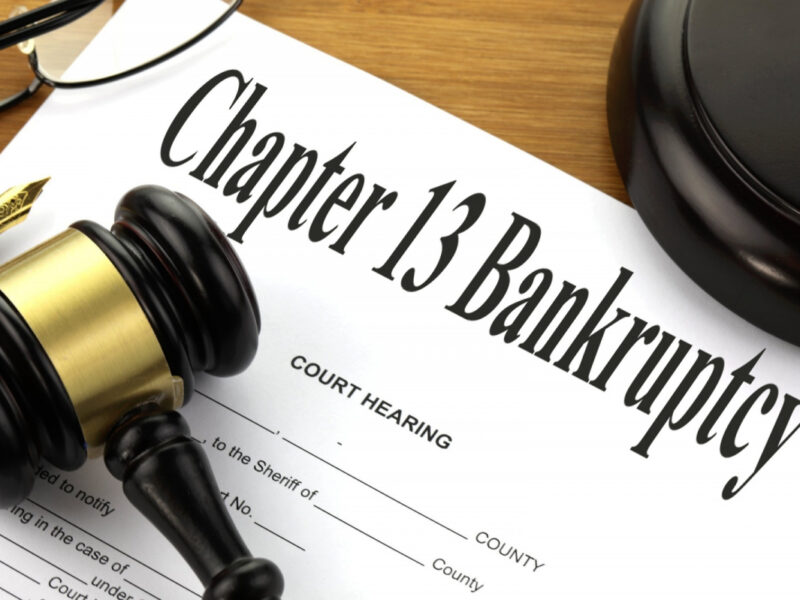No. The 7th Circuit Court of Appeals held that the Chapter 7 trustee could not use the strong-arm powers under Code § 544(a) to avoid a state divorce court’s award to the debtor’s former wife of his one-half interest in the former marital residence as part of the divorce court’s distribution of marital property.
The state court made the award post-petition in a divorce proceeding commenced pre-petition. The Court reasoned that when the debtor’s former wife filed for divorce, she and the debtor were each vested with contingent interests in the entire marital home. The debtor thus no longer owned a simple half-interest in the house; instead, after the divorce proceeding was initiated, he owned a half-interest subject to his wife’s contingent interest.
This qualified half-interest was what the estate acquired when the debtor later filed for bankruptcy. But once the divorce court awarded the former wife the entire marital home, the estate’s contingent interest in the house disappeared, leaving the estate without an interest in the house.
The Court of Appeals disagreed with the trustee’s contention that common ownership in the marital property vests at the time dissolution proceedings are commenced, and that any such interest in marital property does not encumber the property so as to restrict its transfer, assignment or conveyance by the title holder.
In re Thorpe, 881 F.3d 536 (7th Cir., Jan. 31, 2018)
